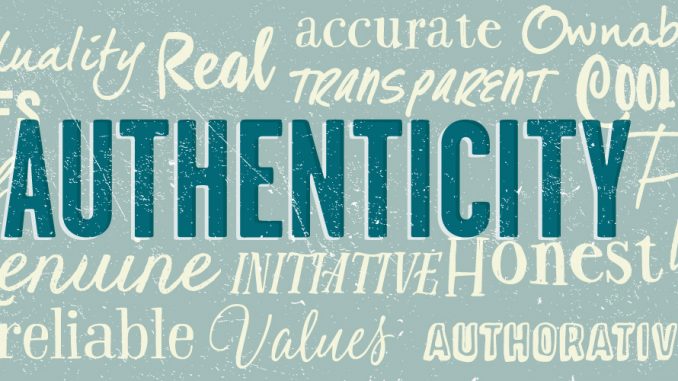
Have you ever felt that you don’t really know most of the people you come across in life? And this is not just when it comes to others. Many of us wear different masks with different people in our lives. We compartmentalize them; these are my colleagues, these are my family, these are my social group, and so on, and we adopt different personalities with each, some more formal, and there are some matters or vulnerabilities that we might keep secret from some groups over another.
However, as Christians, we are also called to live authentic lives. This was one of the central reasons why Christ came for us; even as the Son of God He was authentic with the people He toddler bouncy castle met while He was on earth. And He has freed us to live the same type of authentic life. Recently Pr Chris Kam of DUMC shared the most open and essential of message for the Christian life.

He shared that as the church we need to be real with one another. Unfortunately many in the church adopt a façade of always being on top of things. We are afraid to show others that we are people, with the exact same vulnerabilities that affect the general human race. However honour can only come when we learn to be real with one another. It is only by being real that we learn to truly accept and love one another in the way we should. It is scary and it takes a certain amount of risk, but it is a risk we need to make.
The apostle Paul himself was very real. We can read about his struggles in every one of his epistles. The central idea is that it is often ok not to be okay. Just like Paul, the reality is that all of us will go through pain at some point of our lives. None of us are exempt from this. It is therefore okay to acknowledge our pain. In 2 Corinthians 12:7, Paul writes openly about his pain.

We read about many other God-loving people in the Bible who also go through pain; people like Joseph, David, Elijah, and Jeremiah. We must not be surprised when we go through pain. We yearn for comfort in such times. Very often our first instinct is to offer platitudes or solutions but we need to learn how to truly listen to others. Sometimes our presence is enough.
It is also okay to not have the answers all the time. Many things happen to good people and we do not have the answers why. Why do people like Joni Erikson have to go through an accident that paralysed her? Yet that didn’t stop her from doing God’s work. Even Jesus Himself had to go to the cross and suffer a violent and painful crucifixion for our sakes. God’s only reminder to Paul was that His grace was sufficient for Him. The central lesson here is that we need to learn to trust God even in our difficult times.

Ultimately it is okay not to be okay but it is not okay to remain that way. We have a choice whether to stay miserable or otherwise. We can remain in our grief and suffering for a very long time. It is during times like these however that we learn how to draw close to God and to grow from the pain. All of us need pain to grow, and growth is never a comfortable process. Joni might have grieved for a time but she did not let her pain take control of her life. She went on to live a purposeful and fruitful life, inspiring countless others through her inspirational books in a wide range of topics: A Christmas Longing (1990), The Life and Death Dilemma (1995), Heaven: Your Real Home (1995), The God I Love (2003), and two books co-authored by Steve Estes When God Weeps: Why Our Sufferings Matter to the Almighty (1977) and A Step Further (1978).
In 2 Corinthians 12:10 Paul writes
That is why, for Christ’s sake, I delight in weaknesses, in insults, in hardships, in persecutions, in difficulties. For when I am weak, then I am strong. (2 Corinthians 12:10)
How do the community encourage a culture of honour and humility that will allow us to be real with one another? Pr Chris offers the following advice:
- Don’t be prescriptive when people pour out their feelings. Just Listen.
- Empathize with others and don’t pre-Judge situations people go through.
- Don’t pound the person with Bible verses. Don’t Bible-bash. Most of us know what the Bible says but we need time for the truth to sink in. Give it at the right time. There is no simple answer.
- Be present when someone goes through hardships. Practise the presence ministry. Sometimes people don’t want an answer. They just want someone to stand with them.
- Draw close to God in Prayer.
Like Paul, it is when we face our weaknesses, be real about them, have the support of a genuine community and draw close to our Father that we learn how to overcome many of the challenges and pain in our lives.
NOTE: This write-up was highly inspired by a sermon shared by senior pastor Pr Chris Kam at the Sunday Service of DUMC on the 19th of February. It has not been vetted by Pr Chris or the church of DUMC. To access the original message you may visit the video page uploaded by the church at https://www.youtube.com/watch?v=phBhQkjtLvY
|Share The Good News|
Jason Law




Leave a Reply